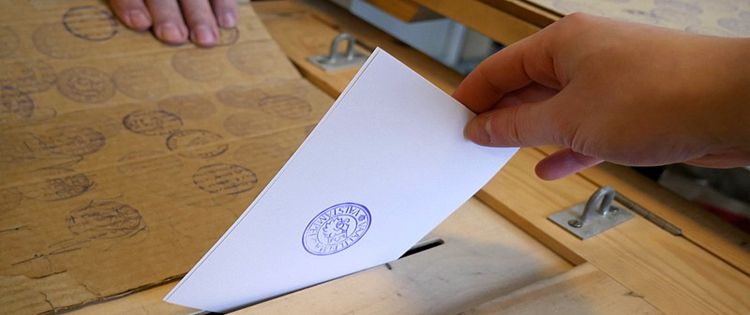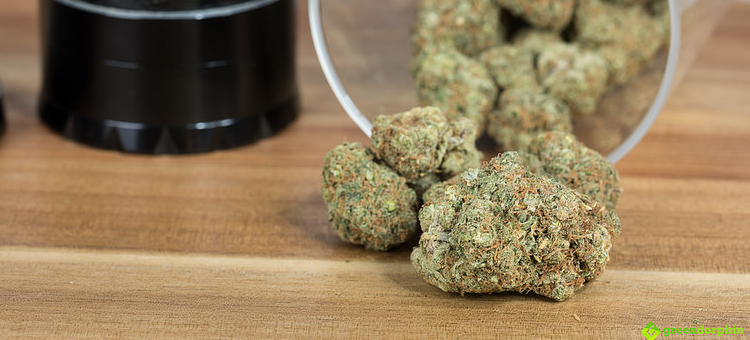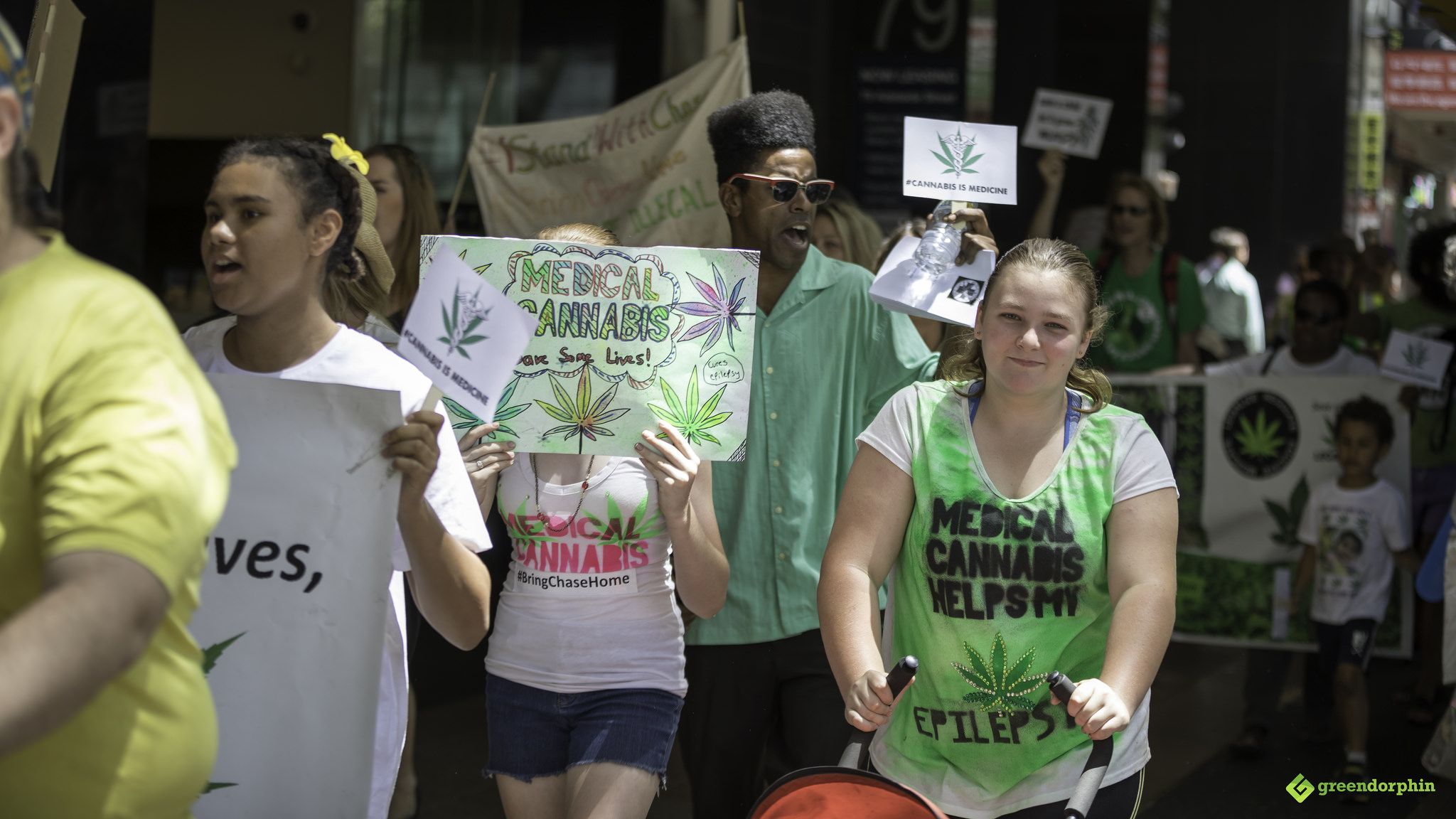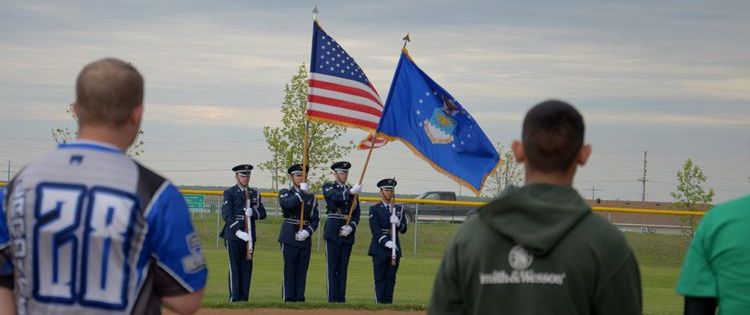More than 18,000 signatures were submitted by supporters of the movement to legalize cannabis to the secretary of state in North Dakota.
The signatures were for a measure that aims to fully legalize cannabis in the state. Roughly 13,452 signatures are required to put the measure in the ballot on November this year.
Just like the recent success stories of the medical cannabis measures in Oklahoma, the signature campaign largely flew under the government’s radar.
There was no financial backing even from national drug policy groups like the Marijuana Policy Project and the Drug Policy Alliance.
Also, just like Oklahoma, the state of North Dakota is a prominently Republican state that has not voted for a Democratic presidential candidate since the 1960s.
These factors could make for a tough sell to the North Dakotan voters in November. But once the measure qualifies for the November ballot, the group behind the signature campaign are hoping that a pitch based on criminal justice reform will carry the supporters and their proposed bill to victory.

As of the moment, North Dakota is one of U.S.’s riskiest environment for cannabis users.
Marijuana users in the state have some of the country’s highest odds of getting jail time when caught. North Dakota has some of the toughest criminal penalties for possessing or selling cannabis.
Written by the cannabis supporters in the state, this bill aims to legalize the sale, use, and possession of cannabis to residents of North Dakota aged 21 and older.
It will also remove the past cannabis convictions from the criminal records of North Dakotans. This raises some concerns in some of the government officials, as it places no limits on the sale and possession of the drug.
They also worry because the bill does not set up any kind of regulatory structure for the sales guideline from how much is permitted to be sold to the pricing control and taxation of the industry.
Data from the state’s law enforcement agency reports that approximately 41 arrests are made per 1,000 cannabis users.
It is the second highest in the U.S., and by contrast, its neighbor, Minnesota only has seven per 1,000 cannabis user arrests.
Meanwhile, in Vermont and Massachusetts, the arrest rates for cannabis-related offenses are less than one per 1,000 even before both of these states have legalized the use of cannabis.
According to data gathered from the office of the attorney general of North Dakota, cannabis use and sale related charges have been making up an even bigger share of total arrest in the past few years.
From the years 1990 to 2013, cannabis arrests have gone up from 1.7 percent of all arrests in North Dakota to 6.9 percent. It goes to show that roughly one in every 15 arrests in the state was for a cannabis-related offense.

The data from 2014 onward are not directly comparable to the numbers due to the changes in the method of data gathering and reporting.
Residents of the state also have to face virtually stiffer sentences if they are caught using cannabis. The possession of less than an ounce is already considered a misdemeanor offense which is punishable by a $1,500 fine and 30 days of jail time.
If the person caught has more than an ounce, North Dakota’s law considers it already as a felony which is then punishable by up to five years in jail.
North Dakota’s secretary of state still has to make sure and certify that the signature for the proposed bill is real for it to be qualified for the November ballot.
Either way, cannabis policy groups from all over the country said that they are keenly observing and watching over the happenings in North Dakota in the coming months.

“Grass-roots efforts like the one in North Dakota are inspiring important public dialogue about the benefits of adopting an alternative policy that treats marijuana more like alcohol,” said Mason Tvert of the Marijuana Policy Project. “It remains to be seen whether it will qualify for the ballot, but there is no doubt it has advanced the conversation and the movement toward ending marijuana prohibition, both in North Dakota and nationwide.”
Share your comments with us on North Dakota cannabis legalization below!
- How Commercial Cannabis Growers Can Benefit from Using a Software - May 17, 2019
- Understanding CBD Interactions and Why CBD and Your Brain Can Be Best Friends - January 4, 2019
- The Difference Between Using THC and CBD - December 19, 2018


